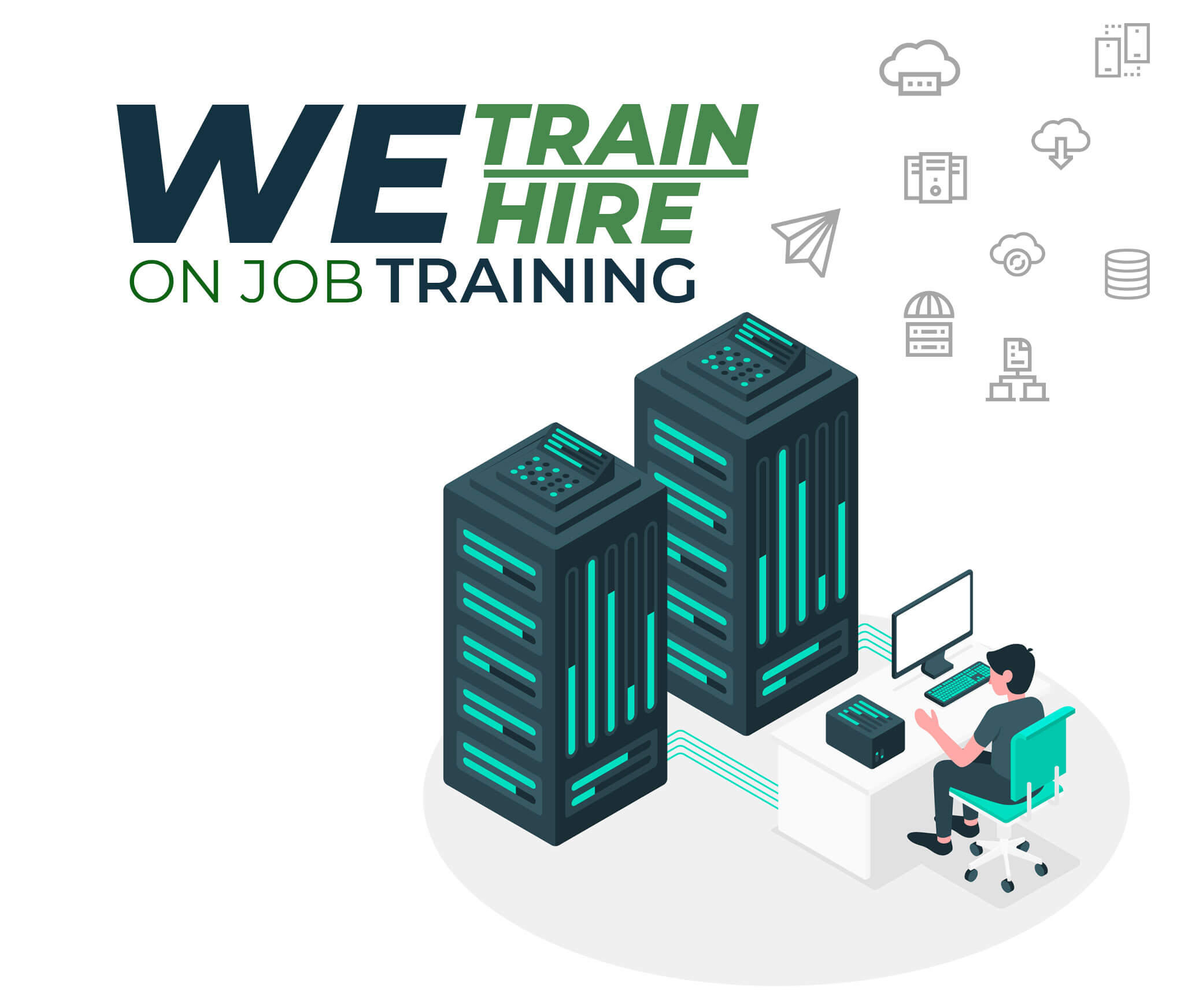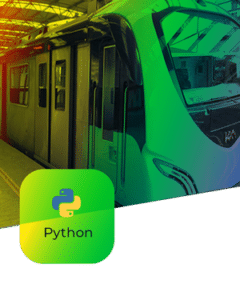Python course in Kochi
Python course in kochi, is the best you can ever have in the world. As you understand, Python as a language can be used for multiple purposes and it is very important to understand how it functions on different platforms. Being an optimal software, it is capable of handling really complex works and the efficiency is at its best. SMEClabs offers Python with Framework, Python with Full stack, Python with Data Science, Python with Machine Learning, Python with Embedded System, Python with IoT, etc. All the training begins from the fundamentals of Python and escalates to the application in the respective platform. Best training institute provides Python training in Kochi.







